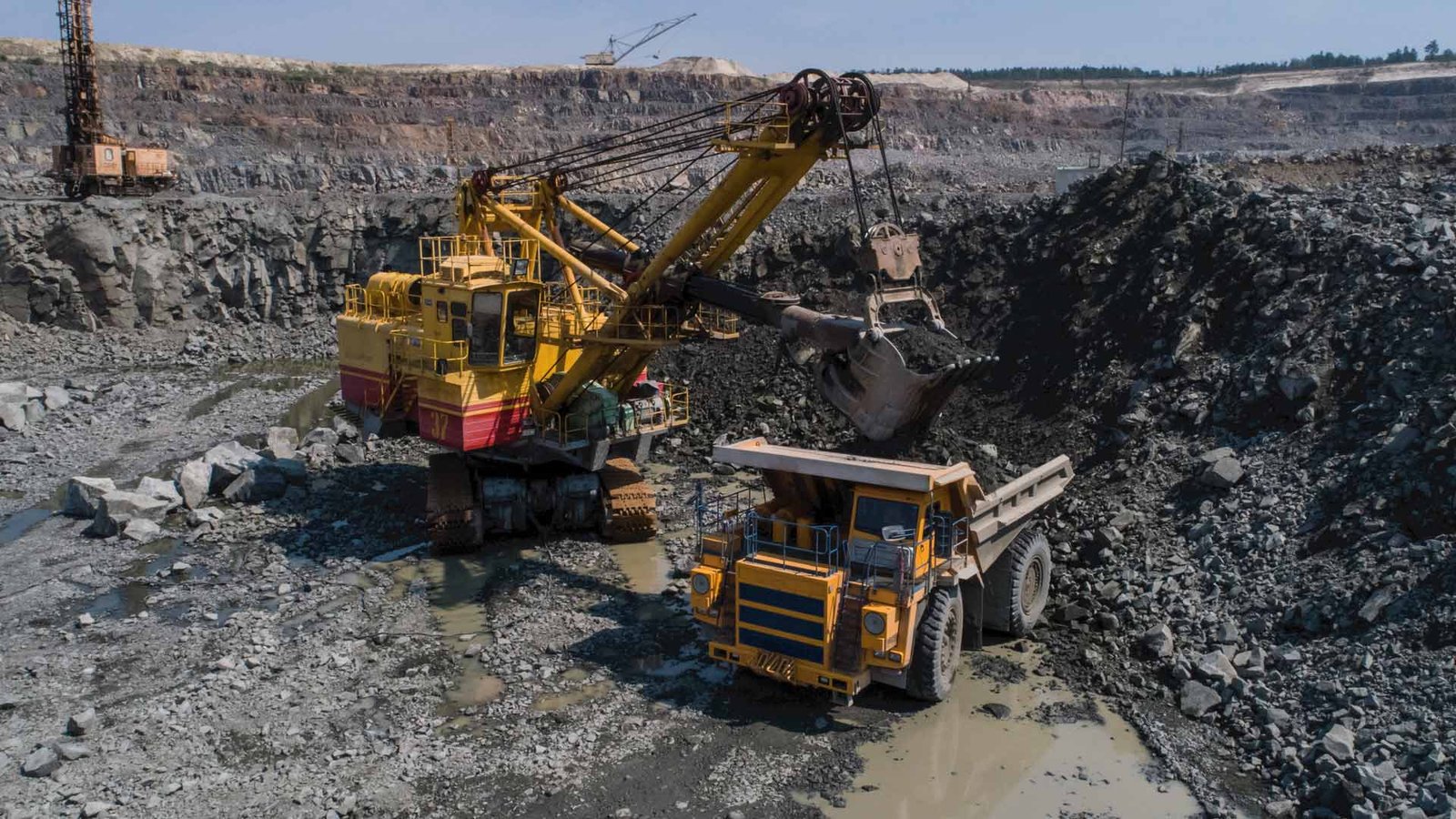At a Glance:
- Tucson Electric Power plans to convert Units 1 and 2 at the coal-fired Springerville Generating Station to operate on natural gas by 2030 to maintain reliable, affordable service and support local employment.
- The project will help TEP maintain reliable, affordable service for existing customers by replacing nearly 800 megawatts (MW) of retiring coal-fired capacity. The need for replacement capacity was communicated in TEP’s 2023 Integrated Resource Plan.
- The fuel conversion will reduce the units’ carbon emissions by 40 percent, helping TEP make progress toward our goal of net zero direct greenhouse gas emissions by 2050. TEP already has reduced carbon emissions from power generation by more than 38 percent since 2019.
Tucson Electric Power (TEP) plans to convert two units at the coal-fired Springerville Generating Station (SGS) to run on natural gas by 2030. The project will maintain access to affordable, around-the-clock energy while reducing carbon emissions and preserving local jobs.
“Our SGS conversion project will extend the life of a plant that has powered Tucson’s growth for more than four decades,” said Susan Gray, TEP’s President and CEO. “It will help us provide reliable, affordable, and increasingly sustainable service while extending our productive partnership with communities in the White Mountains region.”
Arizona Governor Katie Hobbs praised the project. “A resilient grid that’s reliable, affordable, and sustainable is core to delivering on the Arizona Promise,” Hobbs said. “This plan will deliver cleaner air and lower costs, while strengthening communities in northeastern Arizona and building a more resilient energy future.”
Cost-Effective Capacity
The conversion will provide comparable capacity to the coal-fired units while costing less than building new resources such as a new combined cycle natural gas-fired facility or solar plus long-term energy storage systems that provide comparable reliability.
The natural gas conversion also will provide greater cost certainty compared to the continued use of coal. TEP’s 2023 Integrated Resource Plan called for the retirement of SGS Units 1 and 2 in 2027 and 2032, respectively, due to rising fuel costs, increasing delivery risks, anticipated mine closures, and environmental considerations and regulation. Although current federal policy is supportive of coal-fired generation, those long-term risks remain.
Natural gas-fired generators provide advantages over coal-fired power plants on today’s energy grid, as they can better accommodate and support increasing levels of intermittent wind and solar power. Coal plants are designed to operate at steady levels and cannot easily ramp up or down in response to customer needs and renewable energy output.
Lower Carbon Emissions
The conversion will reduce the units’ carbon dioxide emissions by 40 percent, supporting TEP’s goal of achieving net zero direct greenhouse gas emissions by 2050 without compromising on reliability or affordability. We are pursuing that aspirational goal through a balanced energy mix that also supports greater resiliency and energy security.
Discover the latest trends and insights—explore the Business Insights Journal for up-to-date strategies and industry breakthroughs!

